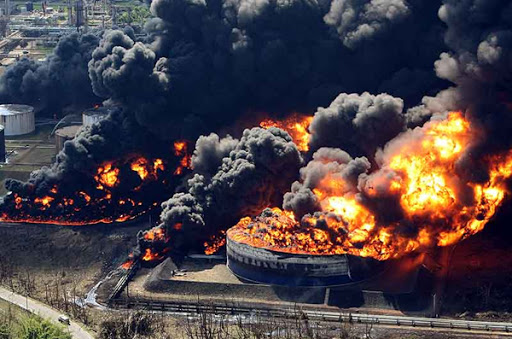Crisis Communications & Why You Should Have Plans In Place
An organisation’s reputation is intrinsically linked with its ability to secure sales, attract top talent or even to charge a premium. Well regarded business also benefit from loyal customers who buy a broader ranges of goods and tell others. So if reputation is all important why not ensure you have you crisis communication plans in place?
As Benjamin Franklin said; “It takes many good deeds to build a good reputation, and only one bad one to lose it.” Sadly however, most organisations do an inadequate job of managing their reputations, only focussing their energies when a problem has already surfaced.
So what should companies do to protect against reputational damage? The answer depends on the type, complexity and size of the organisation but there are some basic rules of thumb.
Firstly; have a crisis communications plan in place. Organisations should ensure they have the capability and capacity to respond to negative press, social media or customer complaints. Issues can move quickly but can often be predicted – having a crisis communications plan allow a company to be responsive, co-ordinated and consistent in what it wants to convey, to who and when.
Secondly, be honest. An organisation that communicates honestly can even build greater trust with its stakeholders in the long term, while one that appears dishonest can undermine confidence and prolong a problem.
Thirdly, get support. When a crisis hits it can be all consuming. Customers, suppliers and employees will all need reassurance as well as the media and/or any public authority. All should be included in the crisis communication plan but business leaders should focus on what they do best and seek professional support to help in other areas.
Identify the members of the crisis communication team and can allocate roles and responsibilities. This can include simple actions like who should act as spokesperson and whether more than one is needed depending on the enquiry? Also consider who will field media calls, monitor social media and is there back up required for each role? The plan should include contact information for all team members including personal mobile phone numbers.
A crisis communications plan shouldn’t predetermine what to say and don’t script the responses – instead focus on developing the key messages you can plan in advance as well as key company information. Where possible anticipate what the questions may be and how the organisation should respond. In preparing the responses, consider the who, what, when, why and how and the below offer a useful guide:
- What was the cause of the crisis?
- A brief description / understanding of what happened
- Provide a timetable for future plans and actions
- Communicate compassion for any victims of the crisis
- Involve supporters and any emergency service responses
Although many crises can’t be planned in advance, there’s no excuse not to have a plan in place for when one crops up. The old adage stands true that “if you fail to plan, you plan to fail”, often with devastating consequences to an organisation’s name and all important reputation.
To help develop your crisis communication plan, contact a member of our experienced team and let us support you through the process.


